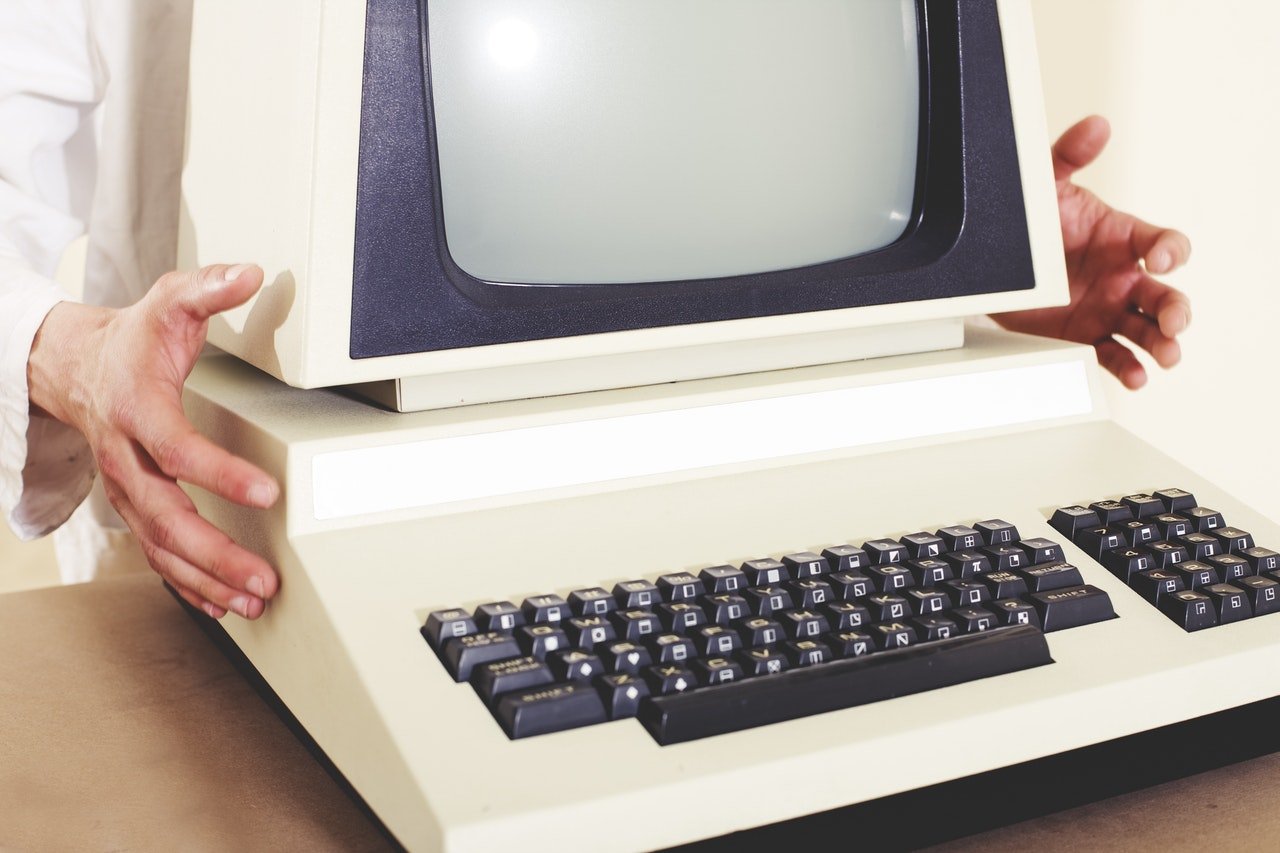Importance of Computers in the World

The aim has always been to mechanize and streamline human work in order to make it faster, more efficient and safer. Nowadays, this issue has become more important, because it is necessary to process a large amount of information in relatively short times, in order to make timely decisions. For this purpose, computers are used, which are machines capable of performing calculations and processes at high speed, allowing to speed up the processing of information, which is processed by means of a series of internal and external components. Although the first attempts to build a mechanical computer date back to the 19th century, it was not until well into the 20th century that the first truly operational models were built. Since then, the progress of computers and computing has been dizzying.

Every day, new, faster, more powerful machines are developed that make our work easier, more efficient and faster. Computers have been introduced into all areas of human activity, to the point that it is difficult to imagine what the world would be like without them.
How do we imagine our world?
The question confronts us with the image we have of our terrestrial material reality. This image constitutes the summary of many ideas. But does it really conform to reality?
It is well known that reality changes with time. The fundamental thing about human beings is their culture. With the change of culture, the ways of believing and seeing change. Let us remember the idea that the ancients had of the earth. They believed that it was flat, like a chessboard on which peoples, continents, islands and seas were arranged.
The World of Communication
A new image of the earth has to do with what computing and telematics bring. The earth is now a planet traversed by an infinite number of communication links. Millions of people talk to others located many kilometers away. A multitude of communication networks, whether dedicated to the transport of people and goods (sea routes, air routes, roads, highways and freeways) or to the transport of information (mail, telephones and information highways). They connect all parts of the planet. Of course, these communication beams cannot be seen, but they are completely real.
The Information Age
Technical progress has led human beings to sophisticate their forms of production, consumption and leisure. Since the 18th century, technical developments have begun to pose difficulties of effective control. The amount of information relating to people, technical data, statistics and documentation has grown considerably. Both the control of machines and the arrangement and direct access to all this information have required the invention of a device that is capable of reproducing some characteristic aspects of human mental capacity, and that thanks to this is able to act as an auxiliary of man. This apparatus is what we know by the name of computer.
The computer is a machine capable of automatically processing or treating information following certain instructions. The computer was invented in 1943, in the most critical moments of the Second World War, a colonel of the United States Army requested a calculating machine for the artillery. The challenge was accepted by the University of Pennsylvania, which in 1946 presented the first electronic computer, which was given the name ENIAC (Electrical Numerical Integrator and Calculator).
First Computers
The first calculating machines were the abacuses, which were already used in ancient times in Greece, Rome and China. To operate them, small stone balls that moved inside a plate were manipulated. These balls were later transformed into beads strung on wire.
Pascal's Calculator
Scientists were interested in creating a calculating machine that could perform mathematical operations faster than humans and abacuses. In 1642 the French philosopher Blaise Pascal invented the first calculator, which could add and subtract numbers using gears and cogwheels.
Babbage's Machine
Two centuries passed before, in 1843, the analytical machine appeared, which was designed by the British mathematician Charles Babbage. This machine used mechanisms instead of electric power to operate. However, it had all the elements of electronic computers: a way of providing data to the machine so that it could perform the calculation operations, an information processor and an instrument (the ancestor of printers), which made it possible to obtain the data on paper.
Computers
One of the first electromechanical computers was built in 1944. It was called MARK I, it was huge and weighed 5000 kg. It had very little memory and only added, subtracted, multiplied and divided. The birth of the so-called first generation took place in 1951. The fourth generation, characterized by the use of microprocessors and electronic memories, began in 1971. Ten years later, the first personal computer was launched on the market. At the same time, computers multiplied their applications: Research, teaching, business and leisure. In this development, computing changed many aspects of life. The fifth generation of computers appeared from 1980 onwards and already offered the possibility of parallel work with microprocessors. In 2002, there was talk of a sixth generation of computers.
The progress of microelectronics and computing has favored the development of telecommunications and a progressive integration of both: digitization, development of broadband services, terrestrial or satellite wireless networks, and especially fiber optic networks that transmit sounds, images and data at high speeds.
Importance of Computers
What is really important is what a computer is used for, and what tasks in our daily life it is applied to. It is an instrument that is not just another in the long list of human inventions. It introduces a qualitative change, both in the organization and in the development of work and leisure.
The correct answer to the question of what a computer can do is either too long or too short. If we list everything it does today, the answer must be very long. If we express everything it will do in the future, the answer can be very short: Everything or almost everything. This totality is not absolute, it means that computational applications are not necessarily limited by the material essence of the computer, but by the human being himself.

The only known limitation of the computer is that imposed by the limits of human imagination.
Our imagination determines the scope of application of both computers and computation. In short, the computer is a general-purpose machine. The concepts of physical structure and programming constitute the material and logical support of this reality. It is a solidary duality that also receives the names of Hardware or physical support and Software or logical support.

